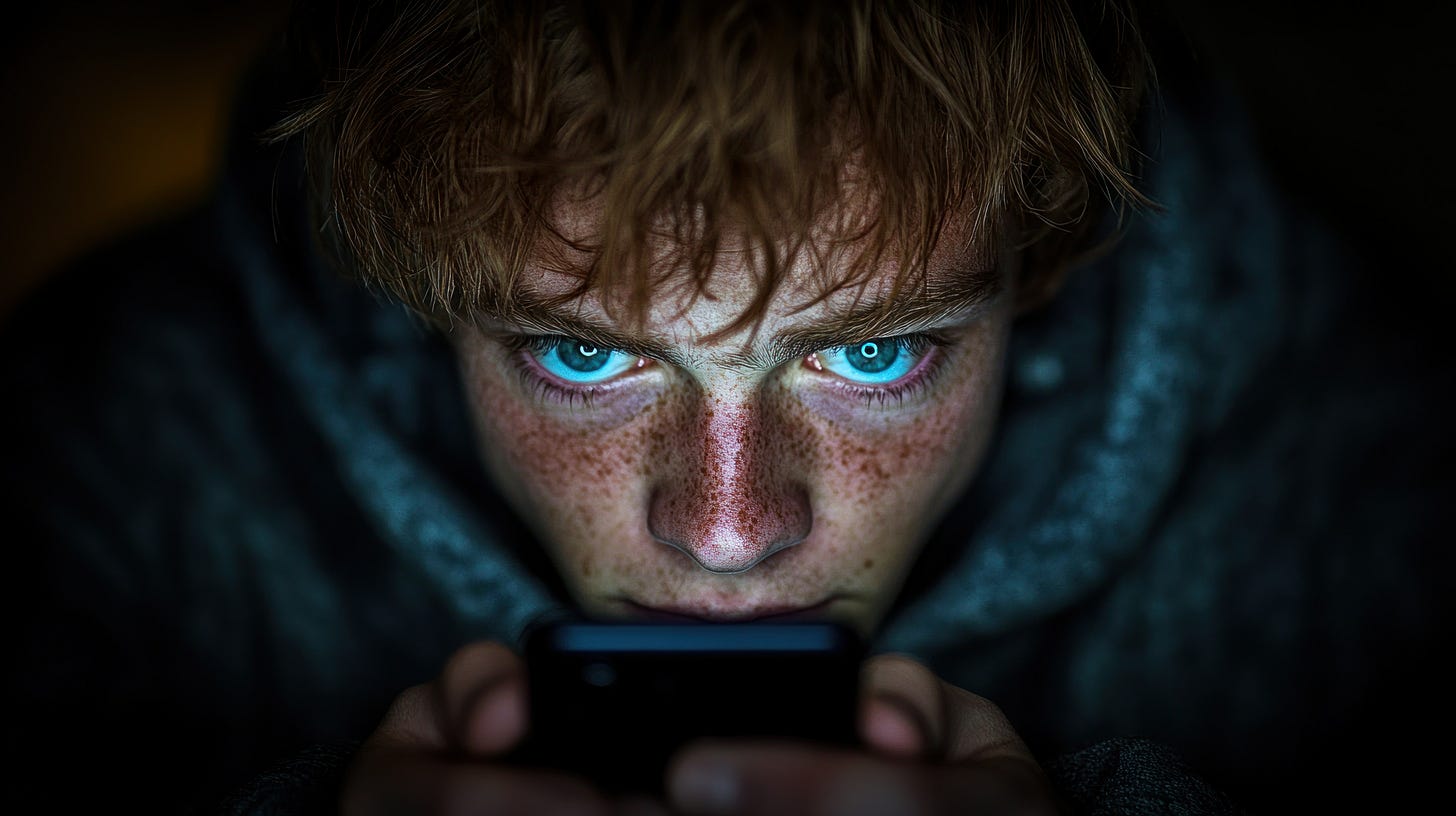
At an age where digital connections define much of what we term our social fabric, social media is now a part of our lives. By 2025, an estimated 5.24 billion people - 64% of the world's population, actively uses sites such as Facebook, YouTube, and Instagram. No one can deny that these platforms have undoubtedly transformed communication, providing us, for the first time in human history, with instant access to information and a connection to the world at large.
Keep reading with a 7-day free trial
Subscribe to The Modern World to keep reading this post and get 7 days of free access to the full post archives.

